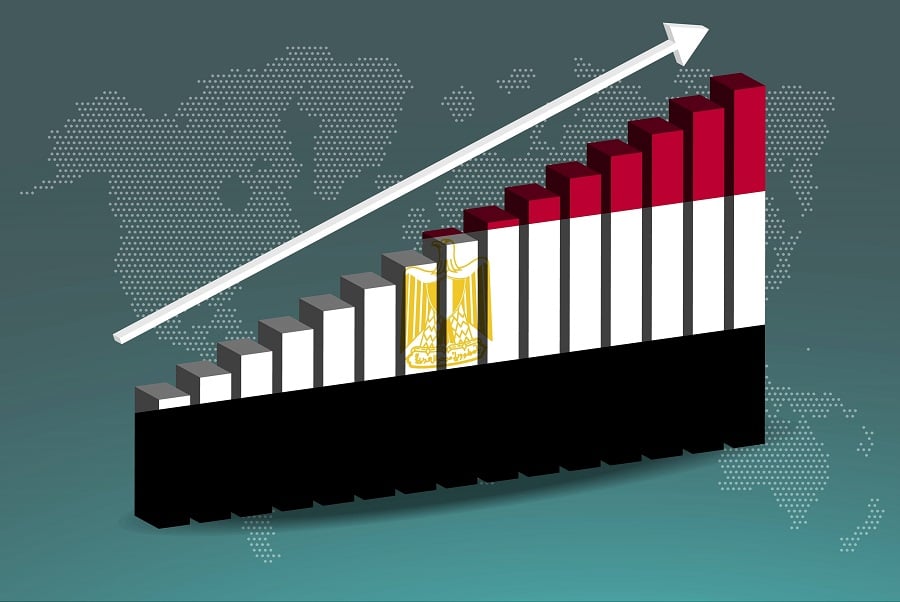The Egyptian government is expected to reveal on Wednesday the names of 20 state companies that will be listed on the Egyptian Stock Exchange.
Egypt is seeking to list a group of state-owned companies on the stock exchange as part of its plans to expand the ownership base and attract foreign investment to the capital market, at a time when it suffers from a shortage of hard currency.
Last year, Egypt established a pre-privatization fund affiliated with Egypt’s sovereign wealth fund, with the aim of structuring and preparing state companies before they go public.
Egyptian Planning Minister Hala El-Said revealed earlier that the “Pre-IPO Fund” is working to equip government companies for initial public offerings with values ranging from $5.5 billion to $6 billion, with the first tranche of IPOs worth between $2.5 billion and $3 billion.
According to the information, the Egyptian government intends to offer between 5% and 20% of the shares of 20 companies owned by it, whether by listing its shares on the Cairo Stock Exchange or selling the stake to a strategic investor.
Egyptian Prime Minister Mostafa Madbouly announced on the first of February that the number of state companies that will be listed on the stock exchange or to investors this year “will not be less than 20 companies, and most likely it will be more than this number.”
Madbouly pointed out that the IPO program is “subject to very many arrangements”, especially as companies are being offered for the first time. He revealed that a number of companies that will be offered “will be ready within a period of up to 3 months, while some will need a period of up to 5 months, and others by the end of the year, depending on the circumstances of each company.”
Egypt has been suffering from a shortage of foreign currency since the outbreak of the Russian-Ukrainian crisis in February and the hike in US interest rates over the course of 2022, which led to the exit of more than $22 billion in foreign hot money invested in debt instruments.
Read: Egypt construction poised for growth in 2023
Recently, however, part of this money has begun to be returned, albeit gradually. During the first three months of the 2022-2023 fiscal year, Egypt raised $26 billion from its primary sources of foreign currency inflow, according to data released by the Central Bank of Egypt.
The data revealed an inflow of $25.8 billion during the first three months of the current fiscal year 2022-2023, an increase of nearly $3 billion from the same period last year.
The main sources of dollar inflow to the Egyptian market included remittances from Egyptians abroad, Egyptian exports, the Suez Canal, tourism, and foreign investment.
The balance of payments issued by the Central Bank of Egypt showed that dollar flows from Egyptian exports during the first three months of the fiscal year 2022-2023 amounted to $10 billion instead of $8.9 billion during the comparison period.
According to the data, Egyptian tourism revenues rose to $4.1 billion instead of $2.8 billion, an increase of 43 percent over the comparison period of the previous fiscal year.
Foreign direct investment jumped to $3.3 billion from $1.7 billion, up nearly 100 percent from the comparison period of the previous fiscal year.
As for the revenues of the Suez Canal, they rose to $2 billion compared to about $1.6 billion for the comparative period, while data from the Central Bank of Egypt showed a decrease in the value of remittances of Egyptians working abroad by about 20 percent during the first quarter of the current fiscal year to $6.4 billion compared to about $8.8 billion.
For more on Egypt, click here.








